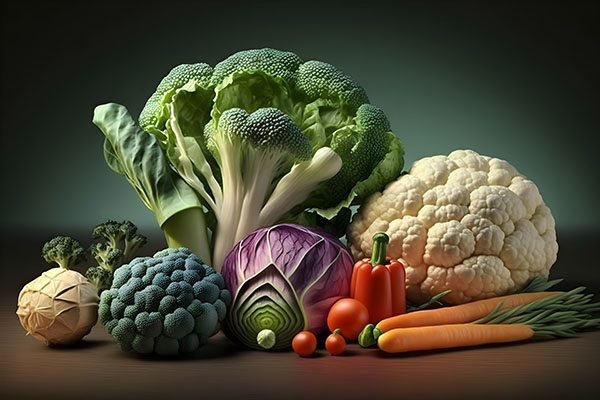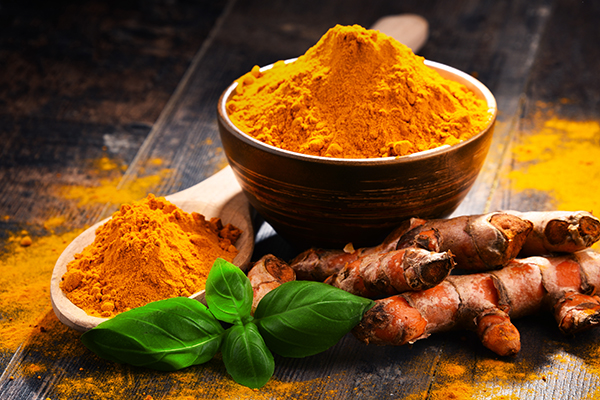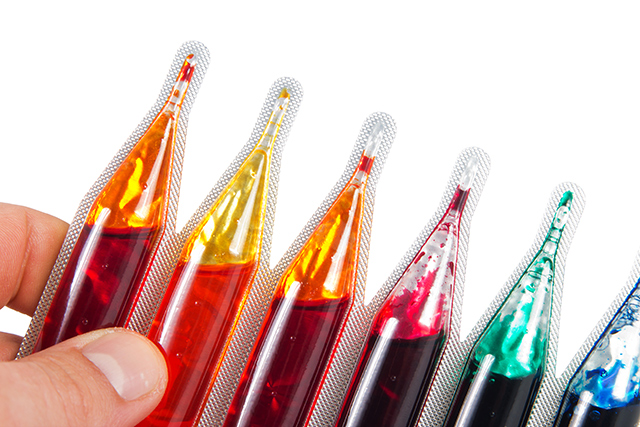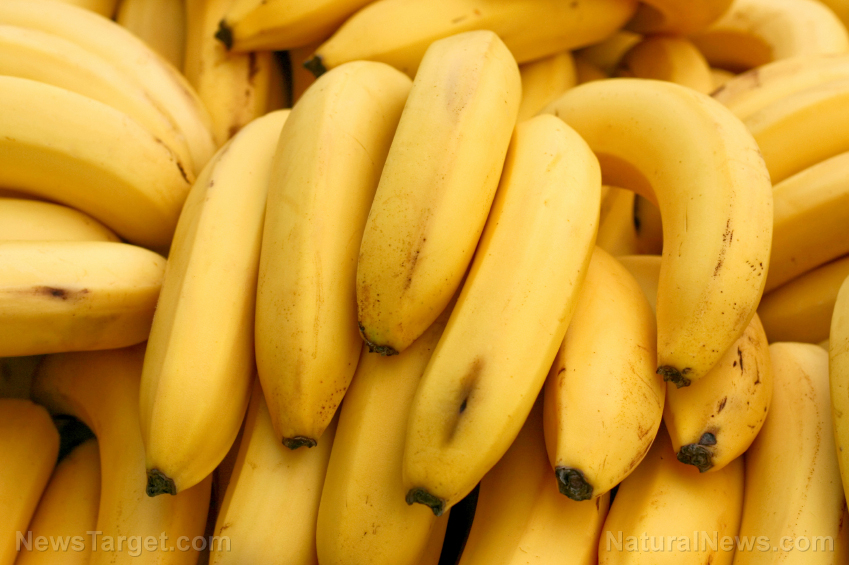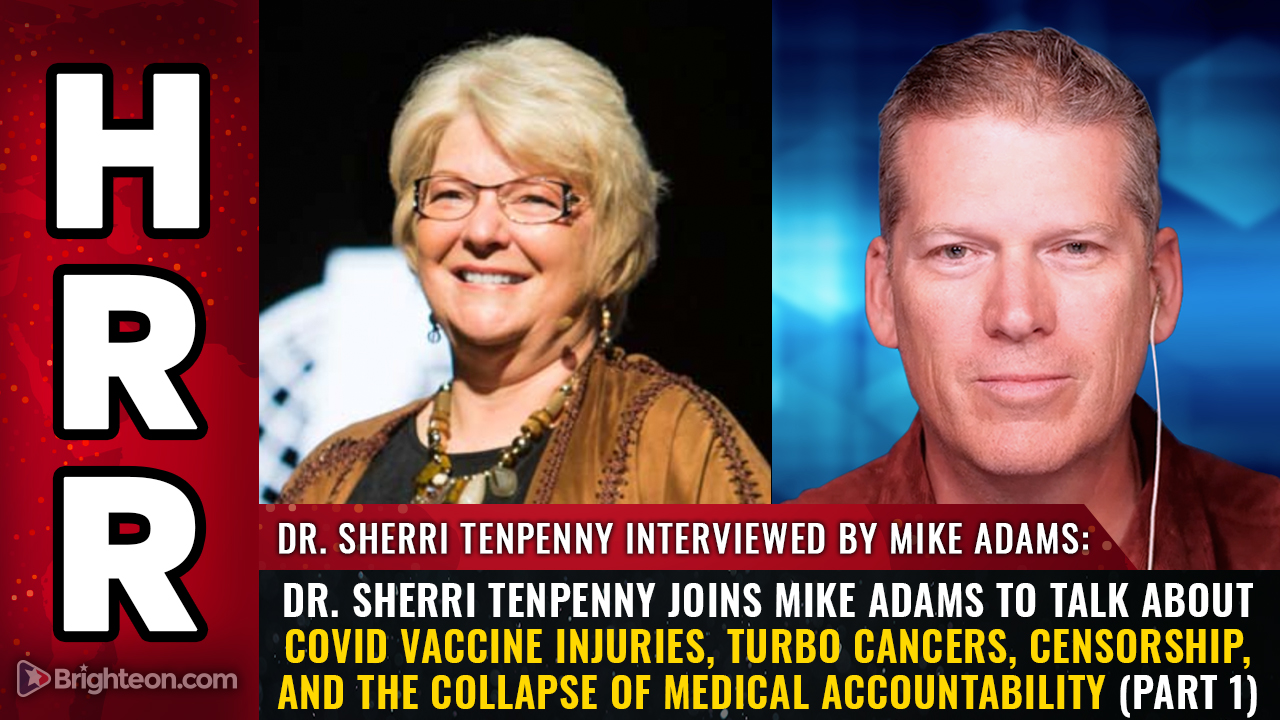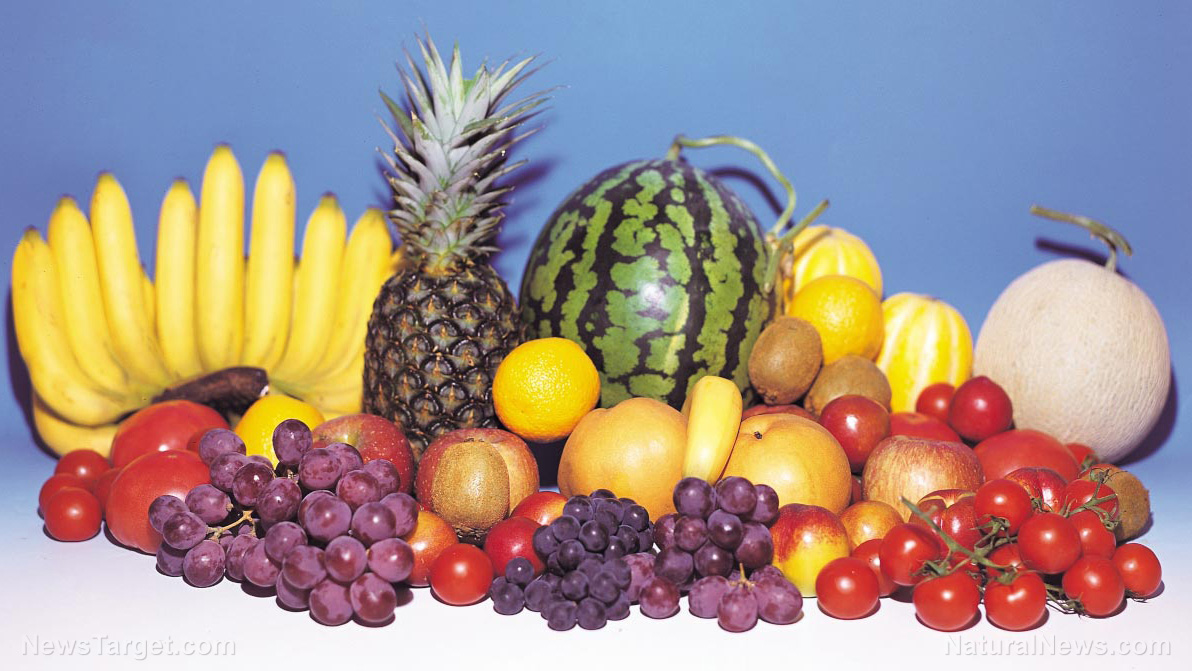Anticancer compound in fruits and vegetables found to kill brain cancer cells and enhance chemotherapy
07/01/2025 / By Evangelyn Rodriguez

- A study published in Anticancer Research suggests fisetin, a flavonoid present in fruits and vegetables, can kill glioblastoma cells and enhances chemotherapy effectiveness.
- Fisetin triggers apoptosis, damages cancer DNA and clears dormant “senescent” cells left behind by chemo agents, preventing recurrence.
- Found in strawberries, apples and other plant-based foods, fisetin is already sold as a supplement, bypassing lengthy FDA approval.
- Fisetin’s poor water solubility (requiring enhanced delivery methods) and unclear optimal dosage warrant further research for clinical use.
- Fisetin could be a low-cost, natural adjuvant therapy to improve conventional glioblastoma treatments.
A bright yellow pigment found in many fruits and vegetables might hold the key to treating one of the world’s deadliest cancers — glioblastoma, an aggressive form of brain tumor.
A recent study published in Anticancer Research reveals that fisetin, a plant flavonoid widely studied for its health-supporting properties, can not only kill glioblastoma cells but also enhance the effectiveness of standard chemotherapy drugs.
How fisetin fights glioblastoma
Glioblastoma is a merciless foe. Even with surgery, radiation and chemotherapy, most patients face recurrence within months, with a median survival of just 15 months. One major issue? Anticancer drugs like temozolomide (TMZ) — the go-to treatment for glioblastoma — often push tumor cells into a dormant “senescent” state instead of killing them. These senescent cells later wake up, fueling cancer’s return.
Fortunately, natural solutions like fisetin exist. Fisetin is a plant compound celebrated for its anti-aging, antioxidant and anti-inflammatory effects. Fisetin is found in many plant-based foods, such as strawberries, apples, persimmons, onions, grapes, mangoes, kiwi, cucumbers and kale, with the first five having the highest concentrations. But could it also be a secret weapon against brain cancer?
German researchers investigated fisetin’s effect on glioblastoma cells, uncovering three key ways it combats the disease:
- Killing cancer cells directly – At doses of 40-80 micromolar, fisetin triggered apoptosis (programmed cell death) in glioblastoma cells.
- Damaging cancer cell DNA – High doses of fisetin caused DNA breaks, hindering cancer cell survival. Notably, it also boosted the DNA-damaging effects of other chemotherapy drugs.
- Clearing “zombie” senescent cells – Fisetin reduced the number of senescent cells—those that TMZ leaves dormant—effectively, “cleaning up” after chemotherapy so fewer cells revive later.
A promising natural solution to cancer
Fisetin isn’t just another experimental drug — it’s already available as a dietary supplement, making it a promising (and affordable) candidate for adjuvant therapy. Patients wouldn’t need FDA approval to access it.
However, certain factors still need to be improved to maximize fisetin’s potential. The major ones include:
- Bioavailability – Fisetin dissolves poorly in water, so researchers are exploring liposomal delivery methods to enhance absorption.
- Safety at high doses – Early reports suggest patients tolerate fisetin well, but more trials are needed to confirm optimal dosages for cancer therapy.
The Anticancer Research study hints at fisetin’s potential to enhance chemotherapy against glioblastoma, but human trials are the next critical step. For now, the takeaway is exciting: A naturally occurring compound in fruits and veggies might help rewrite the playbook for fighting brain cancer. (Related: Mulberry tree found to exhibit anti-inflammatory and promising anticancer properties.)
Fisetin — a common plant flavonoid — has shown genotoxic, senolytic and chemosensitizing effects on glioblastoma cells. While not a standalone cure, it may boost the power of existing treatments by killing cancer cells, disabling their repair mechanisms and cleaning up lingering dormant cells. Best of all? This natural compound could be low-cost, accessible and fast-tracked into clinical testing.
For glioblastoma patients, that’s a glimmer of hope worth savoring.
Find the latest on cancer research at Cancer.news.
Watch this video about Bill Gates’ plans to microdose humanity with cancer coating on fruits and vegetables.
This video is from the ChrisWillard777 channel on Brighteon.com.
More related stories:
Study: Easing BROCCOLI can protect against LIVER CANCER and fatty liver.
Ancient tomb fungus linked to “King Tut’s curse” may hold key to revolutionary cancer treatment.
Unlocking nature’s arsenal: The definitive guide to dietary supplements in the fight against cancer.
Sources include:
Submit a correction >>
Tagged Under:
alternative medicine, anticancer, discoveries, fisetin, food cures, food is medicine, food science, fruits, functional food, health science, natural cures, natural health, natural medicine, Naturopathy, Oncology, organics, phytonutrients, remedies, research, veggie
This article may contain statements that reflect the opinion of the author

